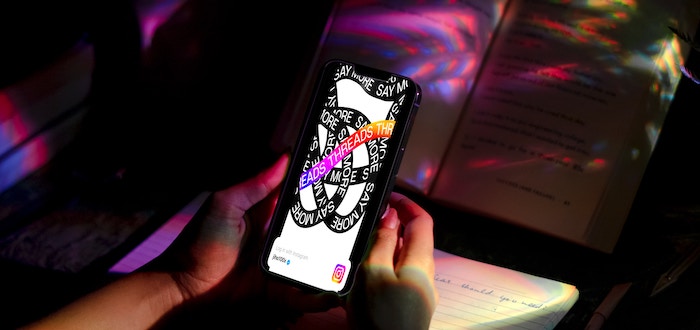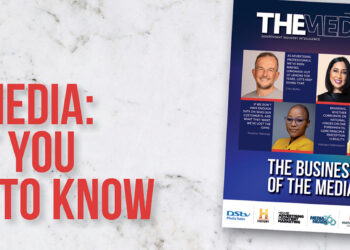In case you have not been paying attention, Threads is the Twitter-rival that was launched by Meta and Mark Zuckerberg, and according to initial data, it has signed up over 100 million users in the first five days. That’s a lot of users!
Everyone I know created a Threads account within the first three days, but I wonder what the lasting outcome of this new platform will be. Its launch has been widely touted as the true ‘Twitter-killer’ — but in my opinion, Elon Musk was the true Twitter-killer because the rapid growth of Threads feels more like a backlash against Musk rather than a defection to a better platform.
Threads is a “Twitter-light” type of platform, and to its credit the folks from Meta are saying there will be no news on the platform. That’s definitely a plus. Most of the conversation I see on Threads is people asking how other people are using Threads.
It’s an echo chamber of itself right now, and over the next two to three months, that will die down and people may become bored (anyone remember Clubhouse)?
The role of Threads
The rapid growth of Threads can also be credited to the Instagram integration that allowed users to immediately follow the same people they follow on Instagram. That creates an embedded foundational base for immediate growth.
But I’ve also seen the question of what differences are there between Threads and Instagram other than the obvious focus on text vs. images and video. What role does Threads really play?
As expected, Twitter’s leadership have their guns blazing and focused on Threads as a copycat and not much of a community. Still, they have to be concerned, because the this is a clear signal the audience is fed up and willing to move to anything that can generate reach quickly.
If I were them, I would sit back and focus on their own house before they start throwing rocks.
Twitter clearly has issues, and they need to fix them before they can stop the bleeding. Otherwise, we will definitely find out what the world looks like without Twitter.
The flipside
On the flipside, is it OK that Zuckerberg now has even more of your personal data? Meta already knows everything about you between Facebook, Instagram and WhatsApp, so does it really matter if it now has your account on Threads?
Maybe it’s better that one company knows everything about you rather than allowing multiple companies to know everything about you?
The social media landscape feels on the precipice of some major change, and I am wholeheartedly looking forward to it. I am a parent, and I truly believe that most of the societal aches and pains we suffer from these days have a directly correlative line back to the growth of social media.
If TikTok and Twitter go away, will the world be a better place? Who knows. It certainly gets easier to manage knowing our kids are focused on Threads, Snap and YouTube (still there’s a lot of ground to cover there).
Zeal of digital community
I still maintain it’s too early to determine if Threads will succeed – but never underestimate the immediate zeal of a digital community frustrated and looking for greener pastures.
The shift to Threads is a clear message to Twitter, and to the world’s richest person, that your hijinks will not be tolerated. Maybe it’s a much broader message, that things are looking up and people are getting smarter about their use of digital media?
The writing is on the wall, but we still have to see whether that writing is in permanent ink or something more water-soluble that will simply wash off over the next two to three months.
Let the social media games begin!
This story was first published by MediaPost.com and is republished with the author’s permission.

Cory Treffiletti is SVP at FIS. He has been a thought leader, executive and business driver in the digital media landscape since 1994. In addition to authoring a weekly column on digital media, advertising and marketing since 2000 for MediaPost‘s Online Spin, Treffiletti has been a successful executive, media expert and/or founding team member for a number of companies, and published a book, Internet Ad Pioneers, in 2012.














